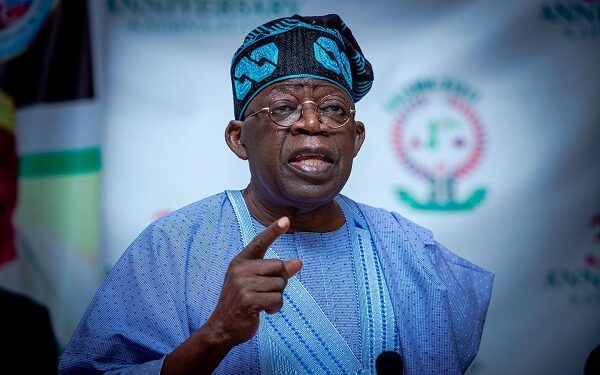
Nigerian electricity consumers, particularly those on Band A feeders, may soon face another tariff increase as the country’s electricity subsidy shortfall continues to climb.
According to reports, the Federal Government’s electricity subsidy bill surged to N181.63 billion in September, up from N102.30 billion in May.
The Nigerian Electricity Regulatory Commission (NERC) had previously announced in April the removal of subsidies for Band A feeders, which supply customers with at least 20 hours of electricity daily.
At the time, the subsidy was at N140.7 billion, prompting the government to raise tariffs for Band A customers to N225 per kilowatt-hour (kWh).
The decision led to widespread backlash from Nigerians, including labour unions, as well as education and healthcare institutions, whose electricity bills tripled as a result of the subsidy removal.
In response to the public outcry, the government reduced the tariff to N206.80/kWh in May when the subsidy fell to N102.30 billion.
However, by early July, as the subsidy rose again to N158 billion, the tariff increased slightly to N209/kWh.
Since then, the subsidy has continued to rise, reaching N163.87 billion in July, N173.88 billion in August, and N181.63 billion in September.
There are now speculations that another tariff hike could be on the horizon, as the Multi-Year Tariff Order (MYTO) set for October may reflect the rising costs of power generation, unless the situation improves.
The NERC cited the country’s ongoing foreign exchange crisis as a major factor driving up electricity subsidies. The dollar exchange rate, which was N1,494.1 in July, rose to N1,601.5 by September.
Alongside inflation, these factors significantly affect the cost of power production, according to the regulator.
NERC has stated that future tariff adjustments will consider inflation rates, the naira-dollar exchange rate, gas prices, and generation capacity.
The regulator has already applied the naira exchange rate of N1,601.50 to the dollar in its September orders and factored in Nigeria’s inflation rate of 33.40% for July 2024.
Meanwhile, Punch reports that electricity distribution companies (Discos) are already pushing for the removal of subsidies across all customer bands, not just Band A.
Some Discos are refusing to off-take power from the grid, citing non-cost-reflective tariffs as the primary issue.
